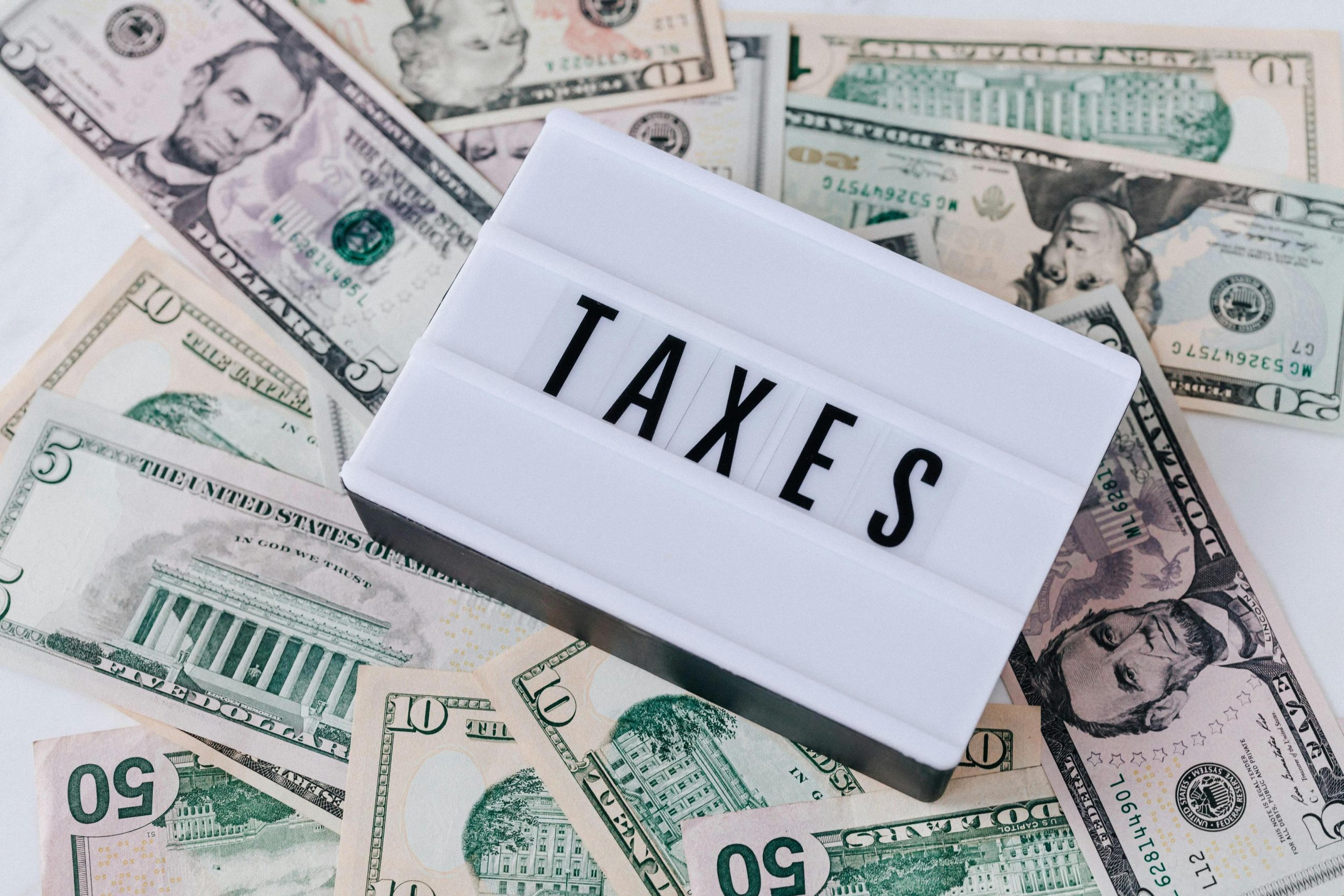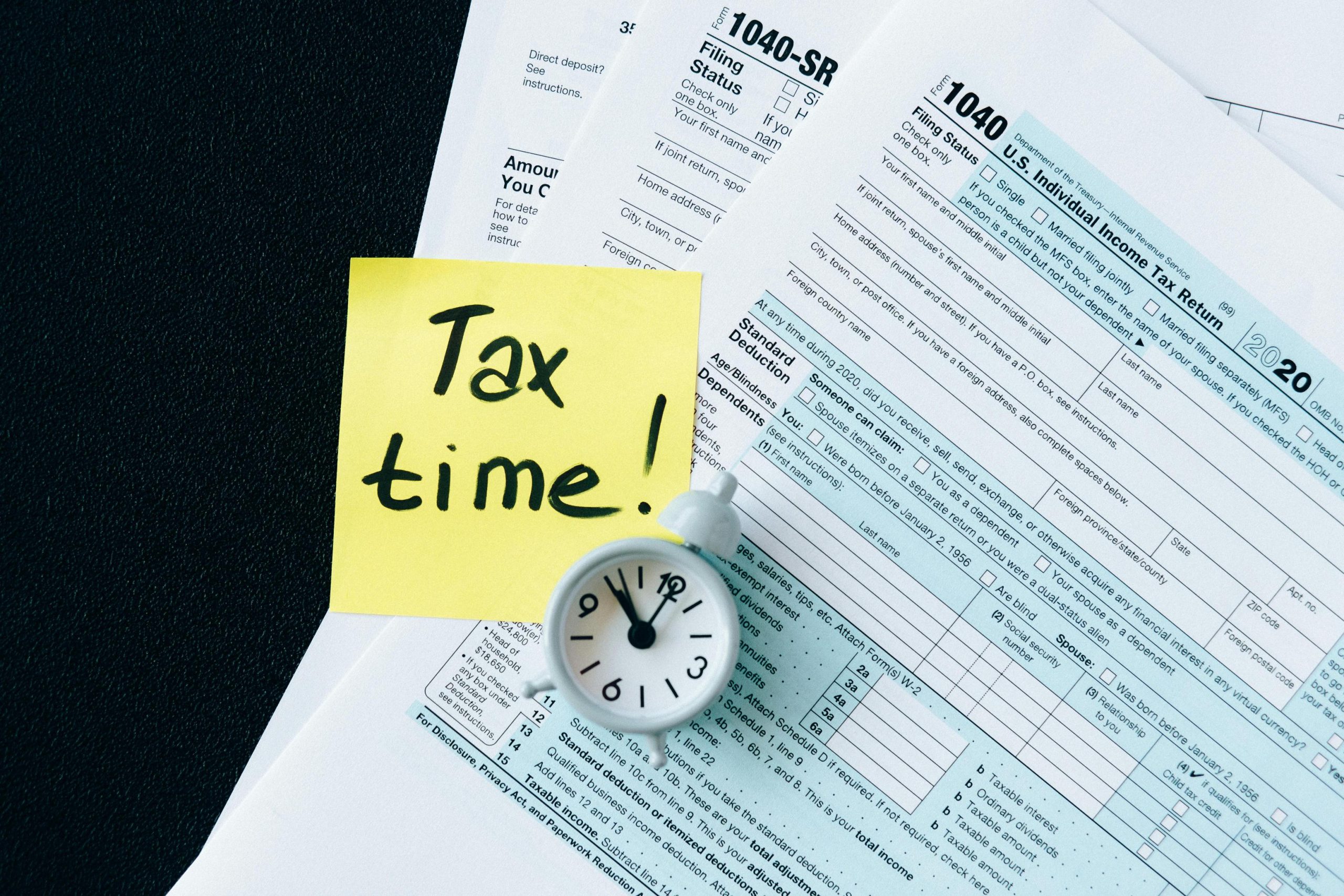Can You Deduct Tax Preparation Fees? What the IRS Says


Tax season often brings one big question: Can you deduct the cost of preparing your taxes? Whether you use an accountant, tax software, or professional advisor, understanding how these fees fit into your tax strategy is crucial.
In this comprehensive guide, we’ll break down when tax preparation fees are deductible, how recent tax laws have changed, and who still qualifies for this benefit.
Understanding Tax Preparation Fees

Tax preparation fees include any expenses paid for assistance in filing your taxes. This can include:
- Hiring a certified public accountant (CPA) or enrolled agent
- Paying for online tax software
- Purchasing tax guides or resources
- Costs for electronic filing or audit support services
These fees were once a common tax deduction for individuals, but that changed after major tax law updates in recent years.
How the 2017 Tax Cuts and Jobs Act (TCJA) Changed Things
Before the Tax Cuts and Jobs Act (TCJA) took effect in 2018, taxpayers could deduct miscellaneous itemized expenses that exceeded 2% of their adjusted gross income (AGI). Tax preparation costs fell under this category.
However, under the TCJA, these miscellaneous itemized deductions were eliminated through at least the 2025 tax year.
That means:
- Individuals can no longer deduct personal tax preparation fees on federal tax returns.
- Business owners and self-employed individuals may still qualify for deductions.
Who Can Still Deduct Tax Preparation Fees
While individual taxpayers lost this benefit, not everyone is out of luck. Some groups can still legally claim deductions under specific conditions.
- Self-Employed Individuals
If you’re a freelancer, independent contractor, or sole proprietor, you can typically deduct the cost of preparing your business taxes as a business expense on Schedule C.
Examples of deductible expenses include:
- Fees paid to a tax preparer for filing business income
- Accounting software used to track business finances
- Legal or bookkeeping services directly related to tax reporting
- Partnerships & Corporations
Businesses structured as LLCs, S corporations, or C corporations can also deduct tax preparation fees as part of their administrative or professional expenses.
These costs are considered ordinary and necessary business expenses, which means they directly support your business operations.
- Rental Property Owners
If you own rental properties, you may deduct a portion of your tax preparation fees tied to Schedule E income.
For example:
- Fees related to reporting rental income or expenses
- Costs associated with depreciation schedules or property tax documentation
Partial Deductions for Mixed-Use Returns
If your tax return includes both personal and business income, you can still deduct the business portion of your tax preparation fee.
Example:
Let’s say your tax preparer charges $500 to file your return, and about 60% of their time was spent preparing your business-related documents.
- You could claim 60% ($300) as a deductible business expense.
It’s important to keep an itemized invoice or a note from your tax preparer showing the percentage of work related to your business or rental income.
Non-Deductible Tax Preparation Fees
Even though many taxpayers hope to reduce their costs, not all tax-related expenses qualify.
Here are some non-deductible examples:
- Fees for preparing your personal Form 1040
- Costs for tax software used solely for personal income
- Audit protection purchased for individual returns
- Travel or mailing expenses when filing personal taxes
These personal expenses are not recognized by the IRS as necessary business costs.
IRS Rules for Deducting Business Tax Preparation Fees

To properly claim this deduction, business owners must:
- Report the deduction on Schedule C (Form 1040) for sole proprietors.
- Use Form 1120, 1120S, or 1065 for corporations and partnerships.
- Keep documentation, such as invoices or receipts, showing the fees paid.
Remember: the IRS expects you to only deduct the portion of fees directly connected to business-related tax preparation.
State Tax Deductions
While the federal government eliminated individual tax preparation deductions, some states still allow them.
For example, certain states like New York, California, and Minnesota let residents continue claiming tax preparation fees as part of their state returns.
If you live in one of these states, check your state’s Department of Revenue website for the most recent deduction rules.
How to Claim Tax Preparation Fee Deductions
If you qualify, here’s how to properly claim your deduction:
For Self-Employed Individuals:
- File Schedule C (Profit or Loss from Business)
- List tax preparation fees under “Legal and Professional Services”
- Keep proof of payment (receipt or invoice)
For Rental Property Owners:
- File Schedule E (Supplemental Income and Loss)
- Include the deductible portion under “Legal and Other Professional Fees”
For Corporations or Partnerships:
- Deduct these fees as business expenses on your entity’s tax return form
- Maintain documentation for each filing year
Can You Deduct Tax Software Costs?
Yes — if you use tax software to prepare your business taxes, that cost may be deductible.
Deductible examples include:
- TurboTax Self-Employed or QuickBooks Tax services
- Paid versions of accounting or tax tracking apps
- Cloud-based tax storage or filing systems
However, software used for personal taxes does not qualify.
Recordkeeping: Why Documentation Matters
Whether you’re deducting professional fees or software costs, keeping accurate records is essential in case the IRS asks for verification.
Keep the following documents:
- Receipts or invoices from your accountant
- Proof of payment (bank statement or canceled check)
- Written breakdown of business vs. personal portions (if applicable)
Proper documentation ensures you remain compliant and supports your deductions if ever audited.
Are Legal Fees Tax Deductible?
This question often goes hand-in-hand with tax preparation costs. Many taxpayers ask, are legal fees tax deductible? Similar to tax prep fees, only business-related legal expenses—such as those tied to contracts, employment, or compliance—can be written off. Personal legal costs (like divorce or estate planning) are not deductible under IRS rules.
When to Consult a Tax Professional
Because deduction rules can be complex, it’s wise to seek expert help, especially if you have multiple income sources. A licensed tax preparer can help you:
- Maximize legitimate deductions
- Avoid IRS penalties for misclassification
- Track deductible vs. non-deductible portions correctly
They can also keep you updated on new changes if the IRS reinstates individual deductions in future tax years.
How to Lower Tax Preparation Costs Legally
Even if your fees aren’t deductible, you can still save money by:
- Using IRS Free File or low-cost online tools
- Keeping organized records year-round
- Learning basic bookkeeping skills
- Comparing rates between CPAs and enrolled agents
These small steps can make a big difference when tax season arrives.
The Future of Tax Preparation Deductions
The Tax Cuts and Jobs Act provisions are currently set to expire after 2025, meaning miscellaneous itemized deductions — including tax preparation fees — could return for individuals.
Until then, only business-related tax preparation expenses remain deductible at the federal level. Stay updated on future legislation that may restore these benefits.
Conclusion
While the rules on tax preparation fee deductions have tightened in recent years, self-employed individuals, corporations, and landlords still have options to lower their taxable income.
For now, personal taxpayers can’t deduct these costs on federal returns, but certain states may allow them. If you run a business or earn self-employed income, keep track of every expense and file it properly with supporting documentation.
When in doubt, consult a tax professional — staying informed ensures you don’t miss legitimate deductions that can save you money year after year.
